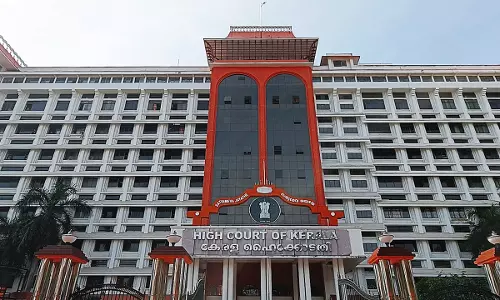In a significant ruling, the Kerala High Court has upheld an employee’s entitlement to salary arrears, citing the employer’s failure to substantiate allegations of dual employment. The case, decided by a single judge bench comprising Justice N. Nagaresh, centred on a dispute between Quattro Investments and its former area sales manager.
The employee started working for Quattro Investments on 3rd March 2009 and was supposed to receive a monthly salary of Rs 22,000, along with an additional Rs 20,000 for expenses. When he wasn’t paid his salary, he resigned and took the case to the Labour Court in Ernakulam, asking for Rs 2,58,000 in unpaid wages. The Labour Court sided with the employee, ordering the company’s managing director (MD) to pay the overdue amount with nine per cent interest per year from the date of the order until it was paid.
Challenging the Labour Court’s decision, the MD argued that the respondent did not qualify as a “workman” under Section 2(s) of the Industrial Disputes Act, asserting that his role was supervisory and managerial. The MD also alleged that the respondent was employed by another company during his tenure at Quattro Investments, questioning the legitimacy of his claim for salary arrears. Additionally, the MD contended that the respondent had not submitted a formal resignation letter, did not provide performance reports, and invoked the principle of “no work, no pay.”
In response, the respondent refuted these claims, maintaining that he fell within the definition of a “workman” and denied any dual employment. He argued that the MD failed to provide substantive evidence to support their allegations.
Siding with the employee, the court noted that the absence of material evidence to demonstrate dual employment and failure to examine witnesses or produce documentary evidence deems the principle of “no work, no pay” inapplicable. It further highlighted that there was no evidence suggesting that the respondent did not work during the claimed period.
The High Court concluded that the Labour Court had appropriately appreciated the evidence and upheld its order directing the MD to pay Rs 2,58,000 in salary arrears, along with nine per cent interest per annum from the date of the order until realization.
